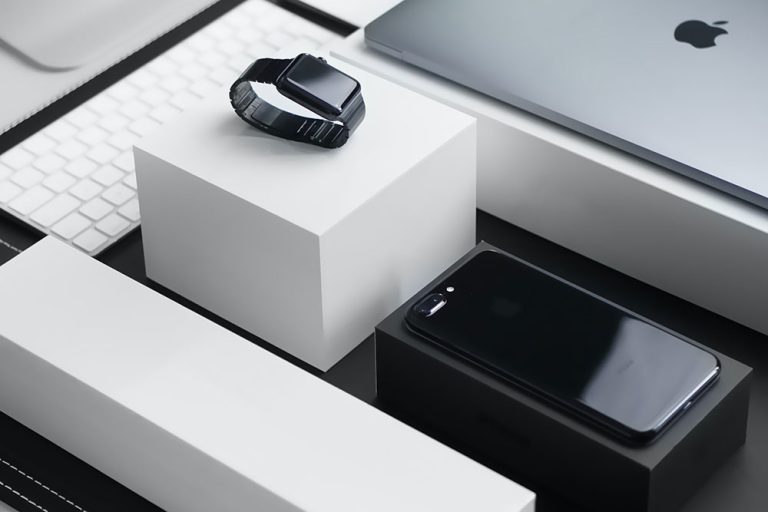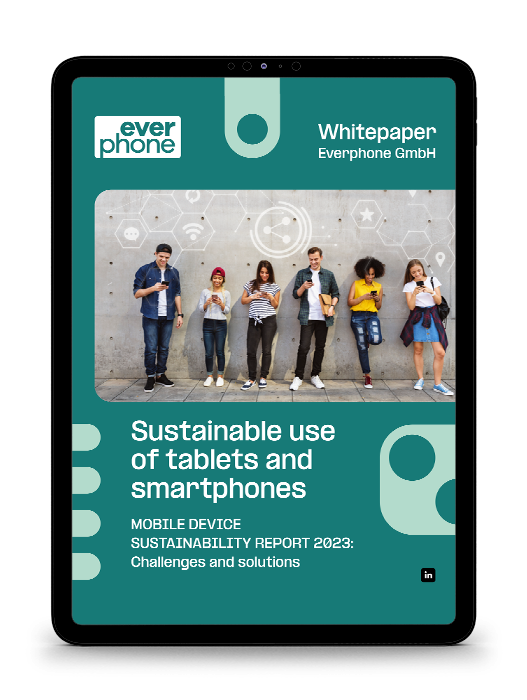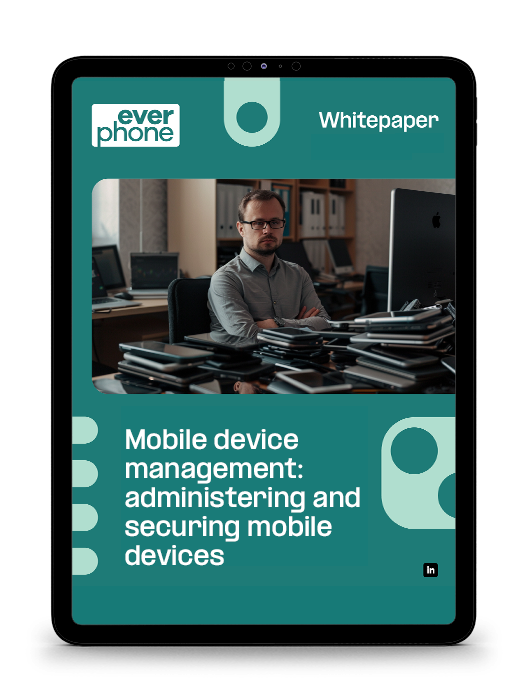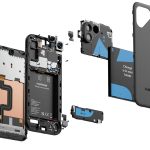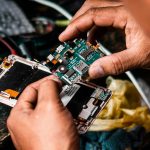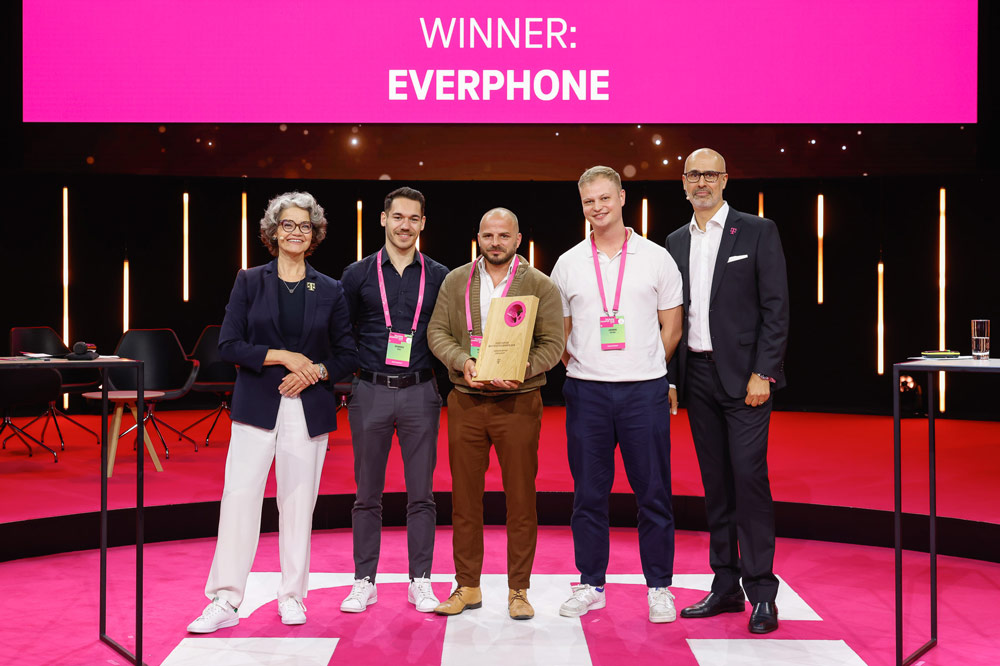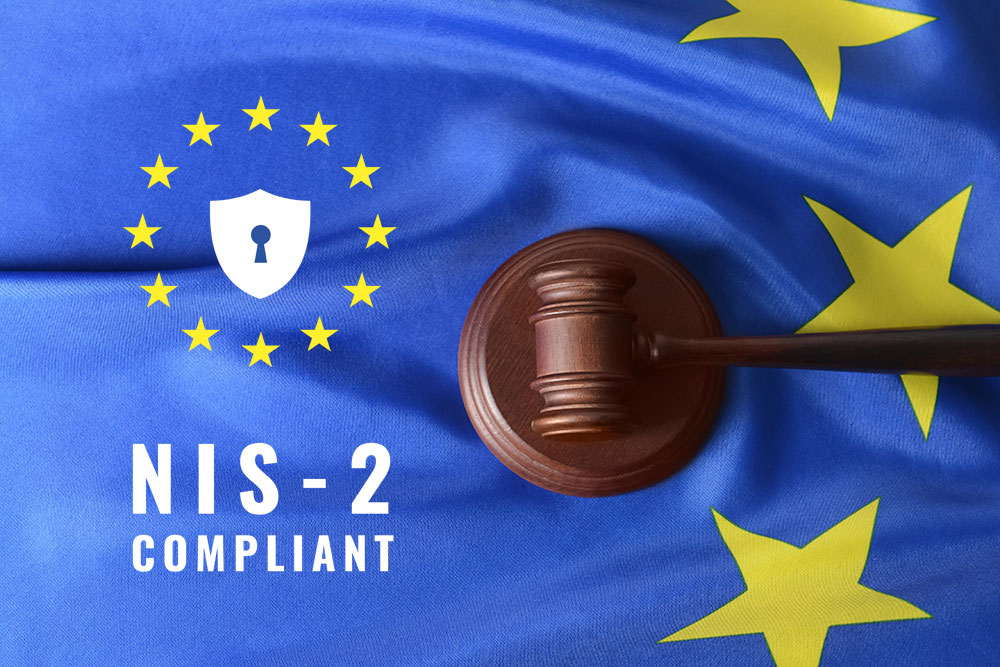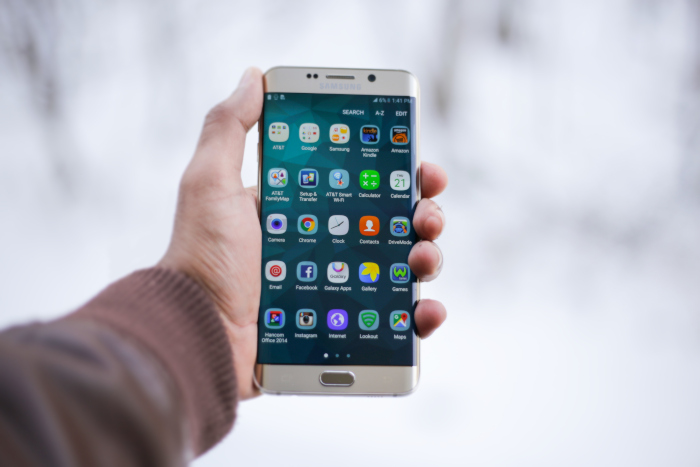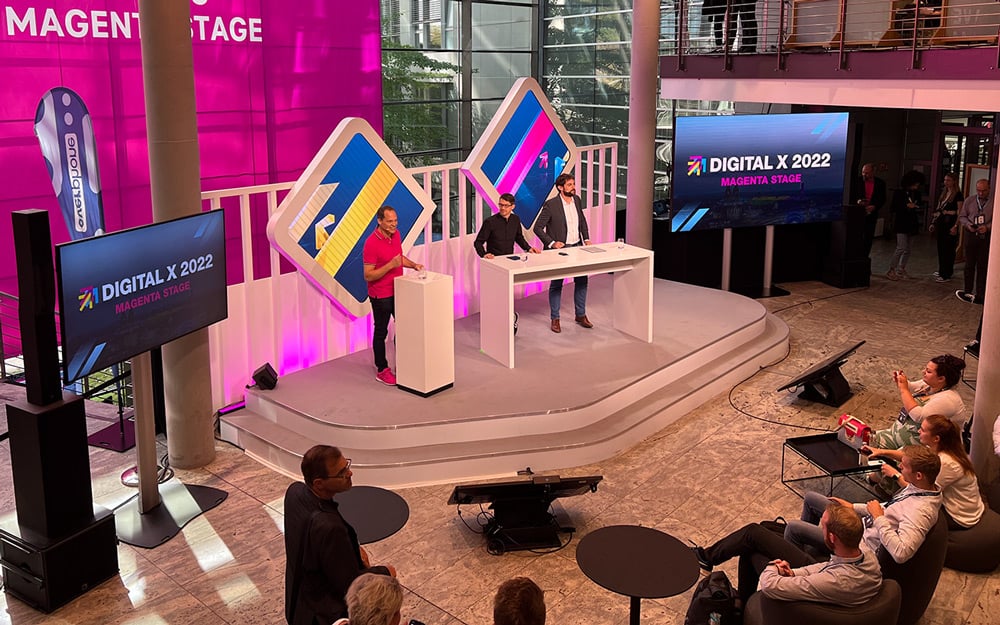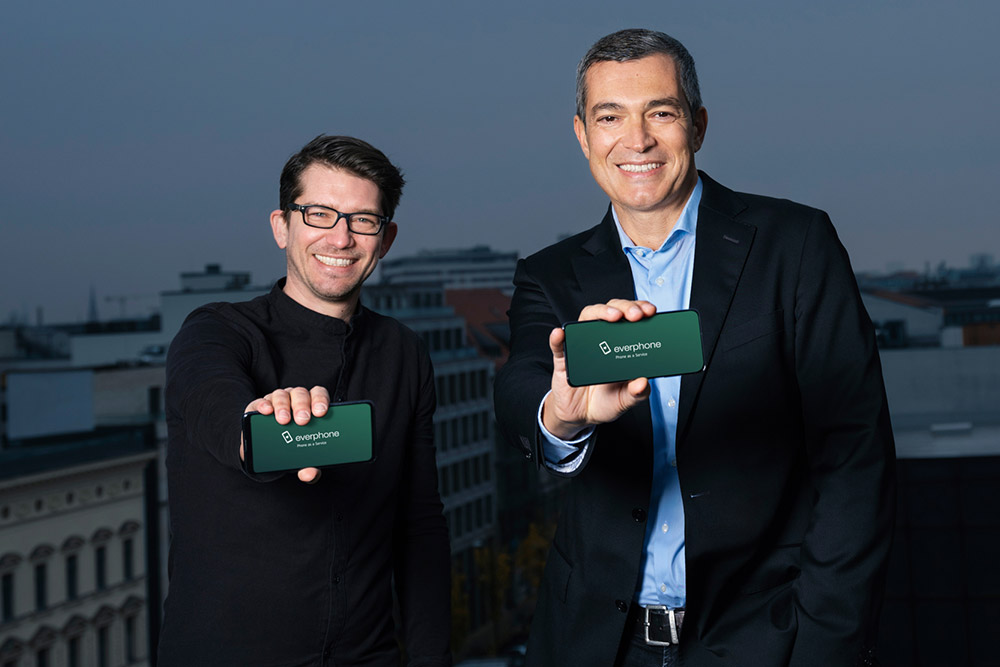The start-up for smartphone fleet management was launched because of a cracked display, cell phone insurance, and a three-week waiting period. In this interview, CEO Jan Dzulko describes how Everphone was founded.
The Everphone story: the start-up for company mobile phones
Robert Nagel: Hello, Jan. You founded a start-up because of a broken mobile phone display. Is that really how it started?
Jan Dzulko: (laughs) That’s probably a bit shortened, it’s true in essence. In 2016, my smartphone started acting up and eventually stopped working. Broken display – the famous “Spiderweb app”…
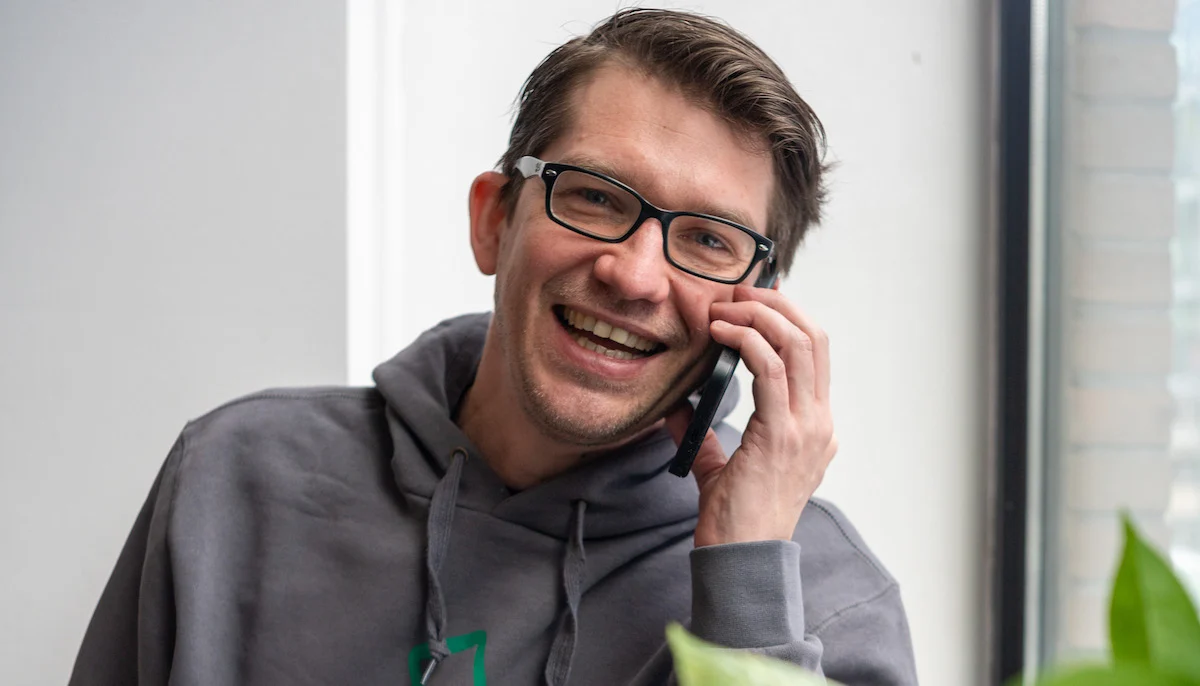
Everphone’s founder and CEO: Jan Dzulko
“Mobile working has always been important to me”
Robert: That happens to a lot of people, but not everyone starts a business right away. What exactly happened?
Jan: At the beginning of 2016 I worked as CEO at the incubator “M Cube” in Berlin. Mobile working was very important to me even then, actually it was always. The smartphone is my constant companion and my secretariat.
“Waiting three weeks for a new phone is unacceptable”
Jan: Even today I organize almost all important files, documents and appointments on my smartphone and use many productivity apps . Because I knew that I was dependent on a working mobile phone, I had also invested in a mobile phone insurance in advance, which was supposed to cover a new device in the event of a defect.
Robert: “Supposed to”. Didn’t it?
Jan: Yes, yes – but only after three weeks. And in today’s working world, three weeks is an eternity! Who can or wants to wait 20 days for a working mobile phone? I find that completely unacceptable.
I was also annoyed that the damage report triggered a medium-length paper war. So not only did I no longer have a working mobile phone, but I also had to deal with additional correspondence so that the insurance company could finally pay off.
And that’s when I suddenly realized: There has to be a better solution to this problem. And that’s how the business idea was born.
Startup Everphone
Robert: The business was founded in 2016. How did that work?
Jan: I was working at the Incubator M Cube at the time and decided to tackle the cell phone insurance problem. After Everphone was founded, I was responsible for the product and strategic development.
Robert: How did the Everphone product and company develop?
Jan: Everphone was initially designed as a service for the end-user. In the event of a mobile phone defect or damage, we ensured a quick and uncomplicated replacement within the framework of a “smartphone club”. The first prototype was launched in mid-2016 and developed quickly. However, it soon became clear that in times of “ Bring Your Own Device ” a focus on B2B, intelligent fleet management and mobile device management would make more sense for business customers. This has been confirmed once again by the latest developments in relation to data protection controls and GDPR.
Robert: How did you come up with that?
Jan: By realizing, quite simply in itself, that the problem was even more urgent in the corporate environment, keyword: Enterprise Mobility Management. For example,what happens if a company mobile phone is stolen, has a defect, is damaged, or gets lost in some other way? There are not only administrative costs, but also a whole host of security and data protection aspects. We also address these with our company phone solution in the sense of mobile security.
Robert: Is the administrative burden really that bad?
Jan: Even worse. Through feedback from our customers, we became aware of the burden it is on companies to procure, set up and manage company mobile phones. Sometimes a swearing specialist from IT is sent to a mobile phone repair shop to have a broken display on a company device repaired.
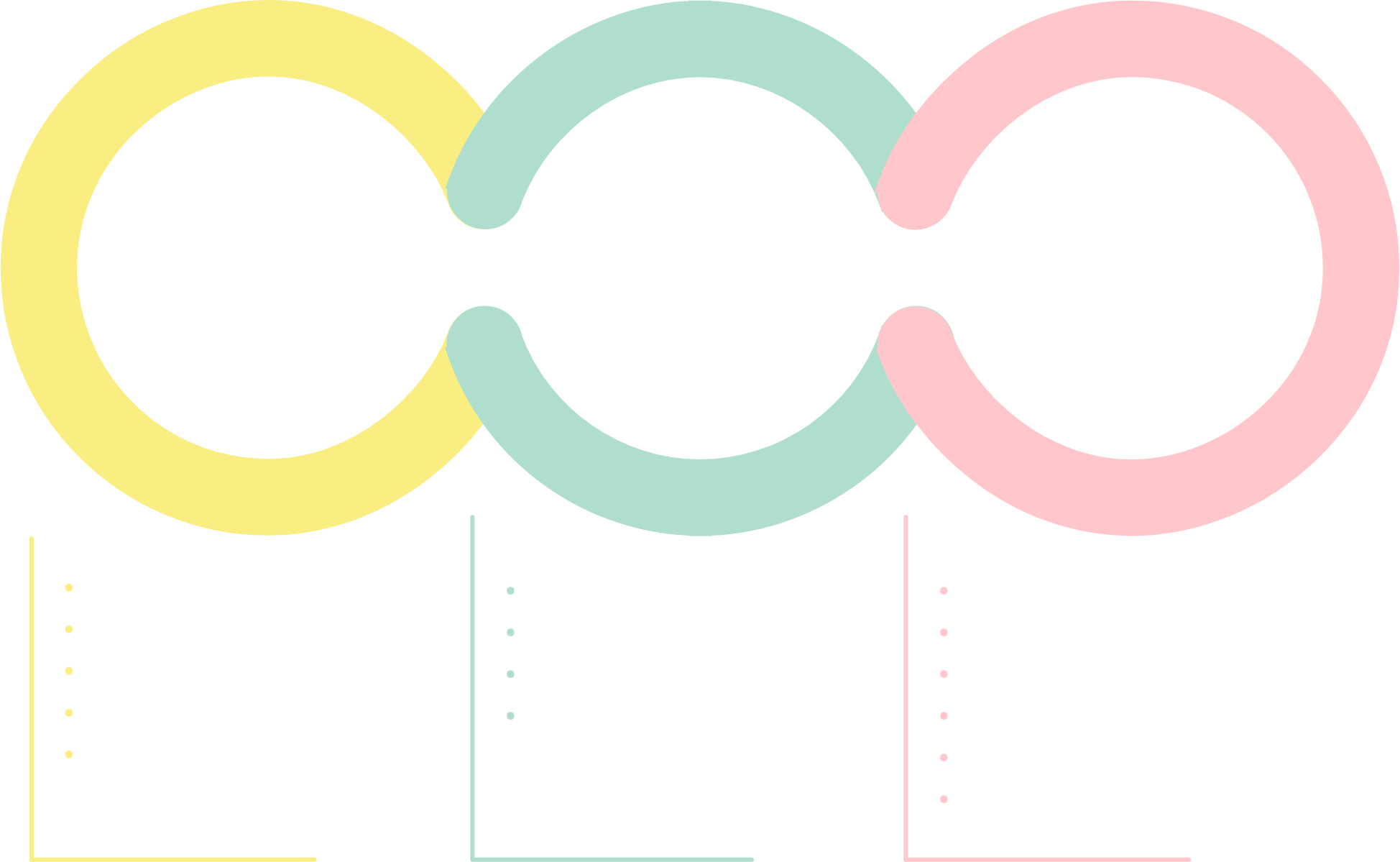
Smart devices can cause astonishingly complex processes in organizations
Or the onboarding of a new employee: It can mean several hours of work for office management and IT until a cell phone is selected, ordered and set up. So resources are wasted unnecessarily.
If you are particularly lucky, the employee is unhappy with the mobile phone model or does not survive the probationary period. Then the device, which was purchased with a lot of effort, causes a decrease in employee satisfaction and ultimately ends up in a drawer somewhere. Such expensive devices often disappear completely from the corporate radar.
Robert: What is your solution there?
Jan: With Everphone, companies can rent company cell phones and don’t have to buy them. That means: If the employee leaves, the customers simply give us the device back. The same applies if a different model is desired, for example with more memory. Then a device upgrade is simply made and the previous device is returned to us. That is all!
Robert: So you are much more flexible than, say, leasing a phone from a distributor or IT system house?
Jan: Exactly. And it gets even better: We even buy our customers’ old devices. We call this “buy and rent back”. The smartphones are then refurbished in our cell phone workshop and resold. This company cell phone refurbishing extends the service life of the devices considerably, so it’s great for the environment. In this way, 58 kg of CO2 can be saved per smartphone. And employees are provided with mobile devices that actually contribute to productivity.
Robert: Doesn’t the handling of all these devices mean a lot of work in the company again?
Jan: Not at all. The employees can even initiate repairs and upgrades themselves via our portal, whereby the company always retains full cost control. Helpdesk or IT don’t really have to deal with it anymore. In addition, managing company cell phones in the app is child’s play. For an IT department that has to manage several hundred or, if in the enterprise sector, thousands of smartphones, this is an enormous relief.
Robert: What about the unhappy employees?
Jan: We make them happy. Instead of pushing some model on them that they might not even want, or BYOD, i.e. bring your own device, Everphone has CYOD, i.e. choose your own device. This means that employees can choose the phone they want – which, by the way, is an interesting corporate benefit. If it’s a premium smartphone, a company can also think about co-payments for employees. The main thing is that the colleagues feel comfortable with the phone and can work meaningfully from day one. This is great for productivity and employer branding.
Robert: What are you working on at the moment? How do you see the future of enterprise mobility and mobile working ?
Jan: I believe that in the medium term the smartphone will replace the laptop as the number one mobile work device. In the future, people will carry your office around with them in their trouser pocket and ideally connect it to various peripherals in an uncomplicated manner. In the office, in the home office, or, for example, on the train. Samsung is already implementing this with the “Dex” (= Desktop Experience, editor’s note) concept.
Making smartphones user-friendly and secure for both private and professional use will therefore be an enormously important issue. And that’s where we want to help companies in the future as well.
Robert: Jan, thank you very much for the interview!
Jan: You are welcome!

